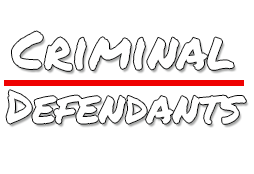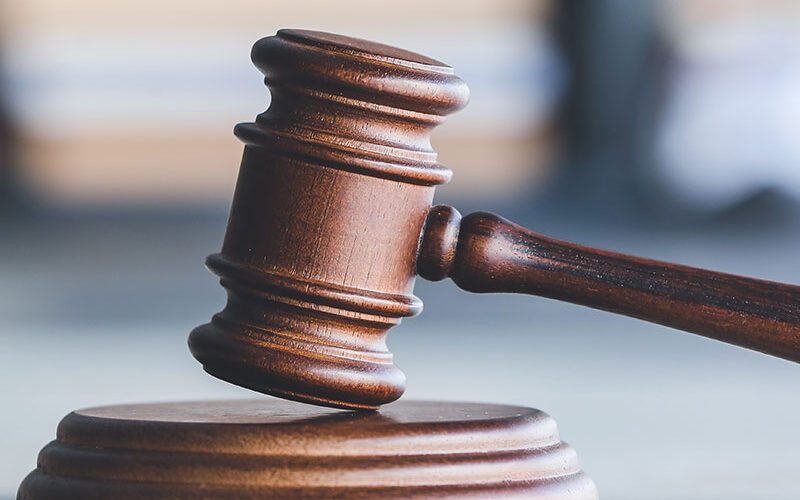Appeals from parole or probation revocation refer to the legal process by which a person who has had their parole or probation revoked (i.e., taken away) can challenge the decision made by the parole or probation authorities. Parole and probation are both forms of supervised release from incarceration, with parole being granted to a prisoner who has served part of their sentence, and probation being granted as an alternative to serving time in prison. Both parole and probation come with specific terms and conditions that must be followed by the person released under supervision.
When a parolee or probationer is alleged to have violated the terms and conditions of their release, the parole or probation authorities may initiate revocation proceedings to determine whether the person should be returned to custody or have their supervision tightened. If the authorities decide to revoke parole or probation, the person affected may appeal the decision through the court system.
The basis for an appeal in these cases often revolves around:
- Procedural errors: The appellant may argue that there were errors in the way the revocation hearing was conducted, such as inadequate notice of the hearing, the denial of the right to counsel, or a lack of proper evidence.
- Insufficient evidence: The appellant may claim that the evidence presented during the revocation hearing was not sufficient to prove that they violated the terms and conditions of their release.
- Arbitrary or capricious decision-making: The appellant may argue that the decision to revoke their parole or probation was not based on a fair and impartial evaluation of the facts but was instead influenced by bias, prejudice, or other improper considerations.
The appeals process varies depending on the jurisdiction and the specific legal procedures in place. Generally, an appeal involves submitting a written document (called a brief) to a higher court, outlining the reasons why the revocation decision should be overturned. The court may then review the case, and if the appeal is successful, the court may reverse the revocation decision, modify the conditions of release, or order a new hearing.
FAQS About Appeals from Parole or Probation Revocation
- What is the difference between parole and probation?
Parole is a form of early release from prison for inmates who have served part of their sentence and demonstrated good behavior. Probation, on the other hand, is an alternative to incarceration, typically given to first-time or low-risk offenders. Both parole and probation involve supervision and require adherence to specific terms and conditions.
- What are common grounds for revoking parole or probation?
Violations of the terms and conditions of parole or probation, such as failing to report to a probation officer, not completing required programs, associating with known criminals, using illegal substances, or committing new crimes, can lead to revocation.
- How does the revocation process work?
If a parolee or probationer is suspected of violating their release terms, the parole or probation officer may initiate revocation proceedings. This typically involves a preliminary hearing to determine if there is probable cause and a final revocation hearing to decide whether the individual should be returned to custody or have their supervision tightened.
- Can I appeal a parole or probation revocation?
Yes, if your parole or probation is revoked, you have the right to appeal the decision through the court system. The process for filing an appeal varies depending on the jurisdiction and the specific legal procedures in place.
- What are the grounds for appealing a parole or probation revocation?
Common grounds for appeal include procedural errors, insufficient evidence to prove a violation, and arbitrary or capricious decision-making by the parole or probation authorities.
- How long do I have to file an appeal?
The time frame for filing an appeal varies depending on the jurisdiction. It is crucial to consult with an attorney or research the specific deadlines for your jurisdiction to ensure that you file your appeal within the allowed time frame.
- Can I represent myself in the appeals process?
While you have the right to represent yourself during the appeals process, it is generally recommended that you consult with an attorney experienced in parole or probation revocation appeals. The appeals process can be complex and requires a thorough understanding of the law and legal procedures.
- What can happen if my appeal is successful?
If your appeal is successful, the appellate court may reverse the revocation decision, modify the conditions of your release, or order a new revocation hearing. The exact outcome will depend on the specific circumstances of your case and the legal arguments presented during the appeal.

